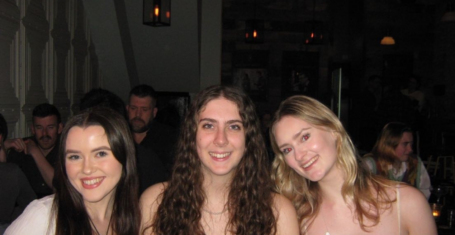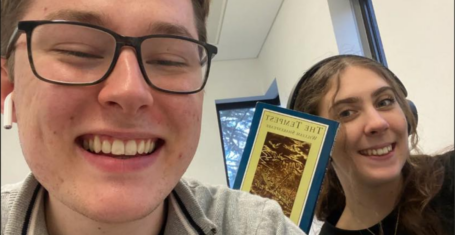
Kony2012: Highlighting ‘Inactivism’?
Kony2012 saw millions of students mobilise on social networking sites in support of a recognisable cause, shouldn’t this happen more often?
Over the course of Wednesday morning, Joseph Kony was transformed; from war criminal and one of the world’s most wanted men, to social networking phenomenon.
Kony2012, a short film produced by the Invisible Children group, was linked and relinked, profile pictures were dedicated, all manner of related topics began trending on twitter, and events were created or joined in honour of the cause.
The landscape of student social networking was transformed for a morning at least. If we park the debates over the nature and activities of the group responsible for the campaign, this was one of the very few occasions students responded to the mobilisation of the likes of Facebook or Twitter for a recognisable cause.
It’s a rare thing: the last time your Facebook believed in a project this badly it wanted Rage Against the Machine to make Christmas number 1.
Given the phenomenal scope of social networking and the hours that, as students, we dedicate to it, shouldn’t this be a more common occurrence? Shouldn’t there be more activism evident on our news feeds?
It’s a damning indictment for most of us to consider the numerous issues that could secure such greater prominence through online support that are instead overwhelmed by our own narcissism and near voyeurism. Preoccupied with our place amongst our peers, a multitude of causes are left by the wayside.
Yesterday Kony2012 showed us just how rapidly awareness of an issue could grow by capturing our attention with a well-made video. Perhaps it did require a hugely simplified focus, rather than an appreciation of the more intricate issues in hand and obviously, it’s difficult to gauge the effect ‘likes’ and shares might have against an already internationally identified war criminal with an enduring history of committing atrocities. But it at least had an influence upon many of us to start asking questions, whether that’s through a short film or a hashtag.
In Facebook’s own invaluable currency of popularity, currently nearly 383,000 people would ‘like’ to make the world a ‘bubblier’ place with Aero, just over 80,000 supports Oxfam GB.
It seems fair to say that the world of social networking is yet to be harnessed fully to reach it’s potential for sharing the sentiments of a good cause. Kony2012 highlights that it can happen given the right message and the right tools (a well shot video and a cute kid), but if anything it shows to a far greater extent that, certainly amongst a lot of students, a type of ‘social inactivism’ is the norm.









































